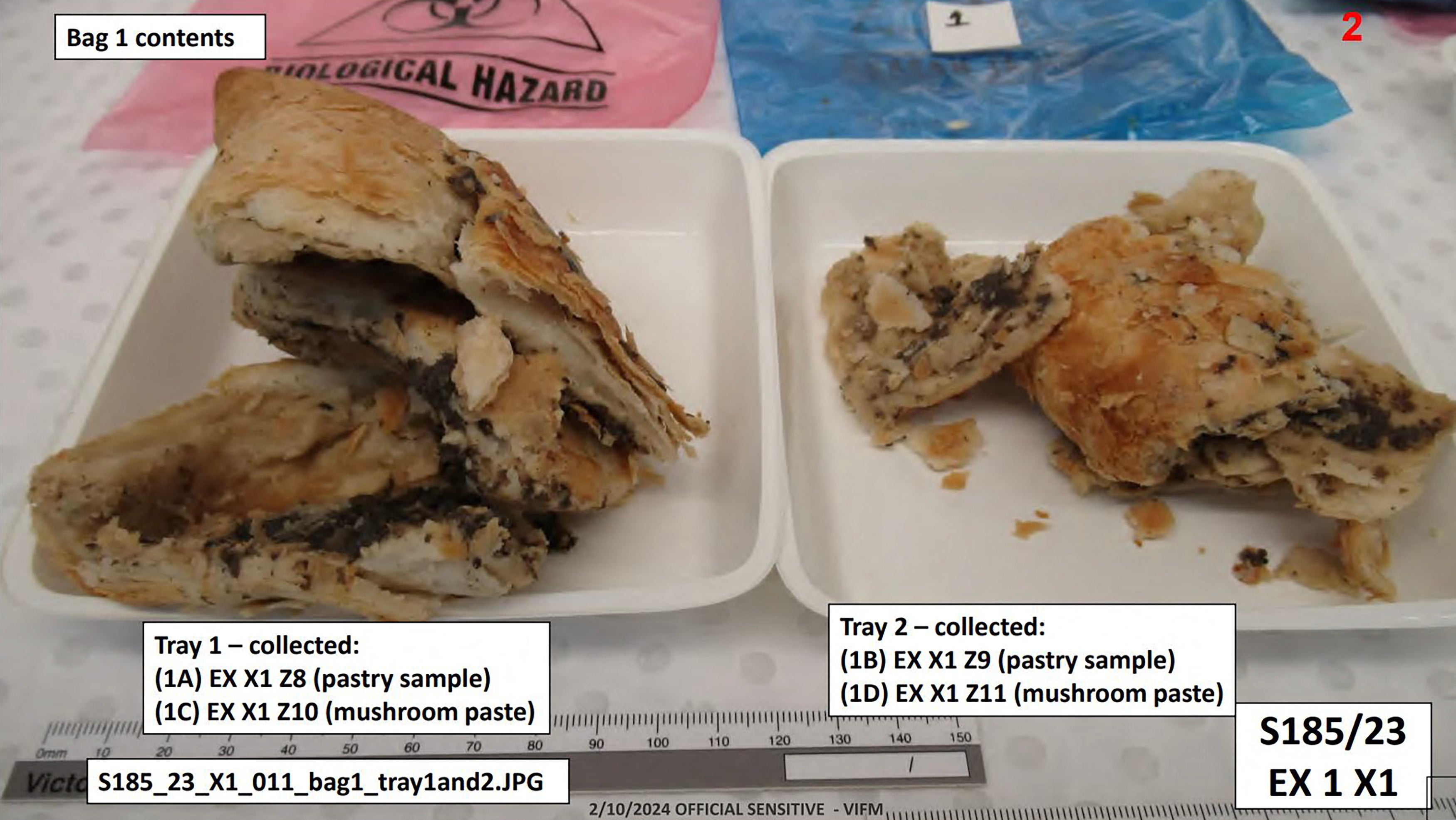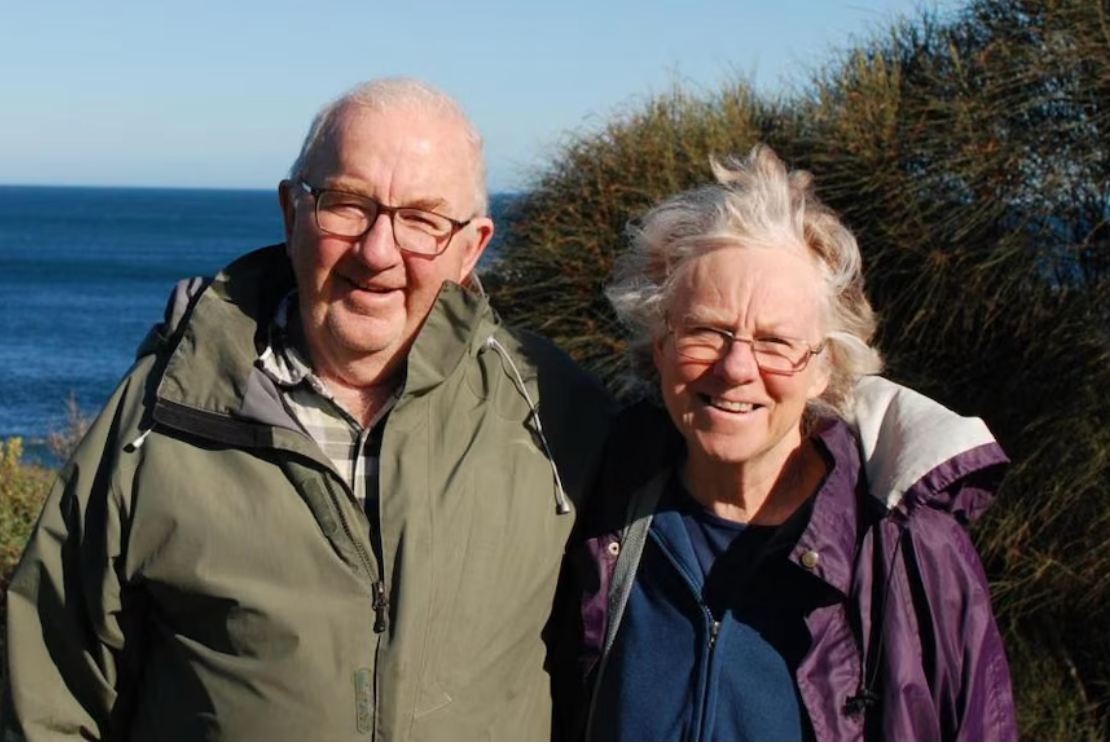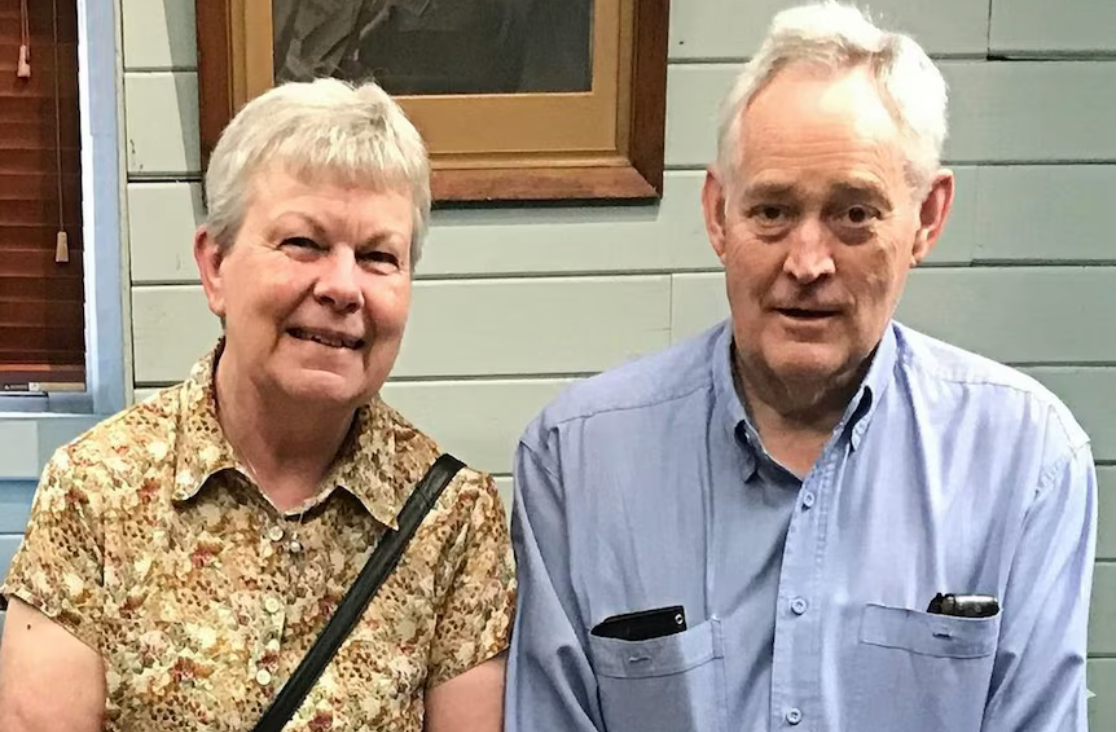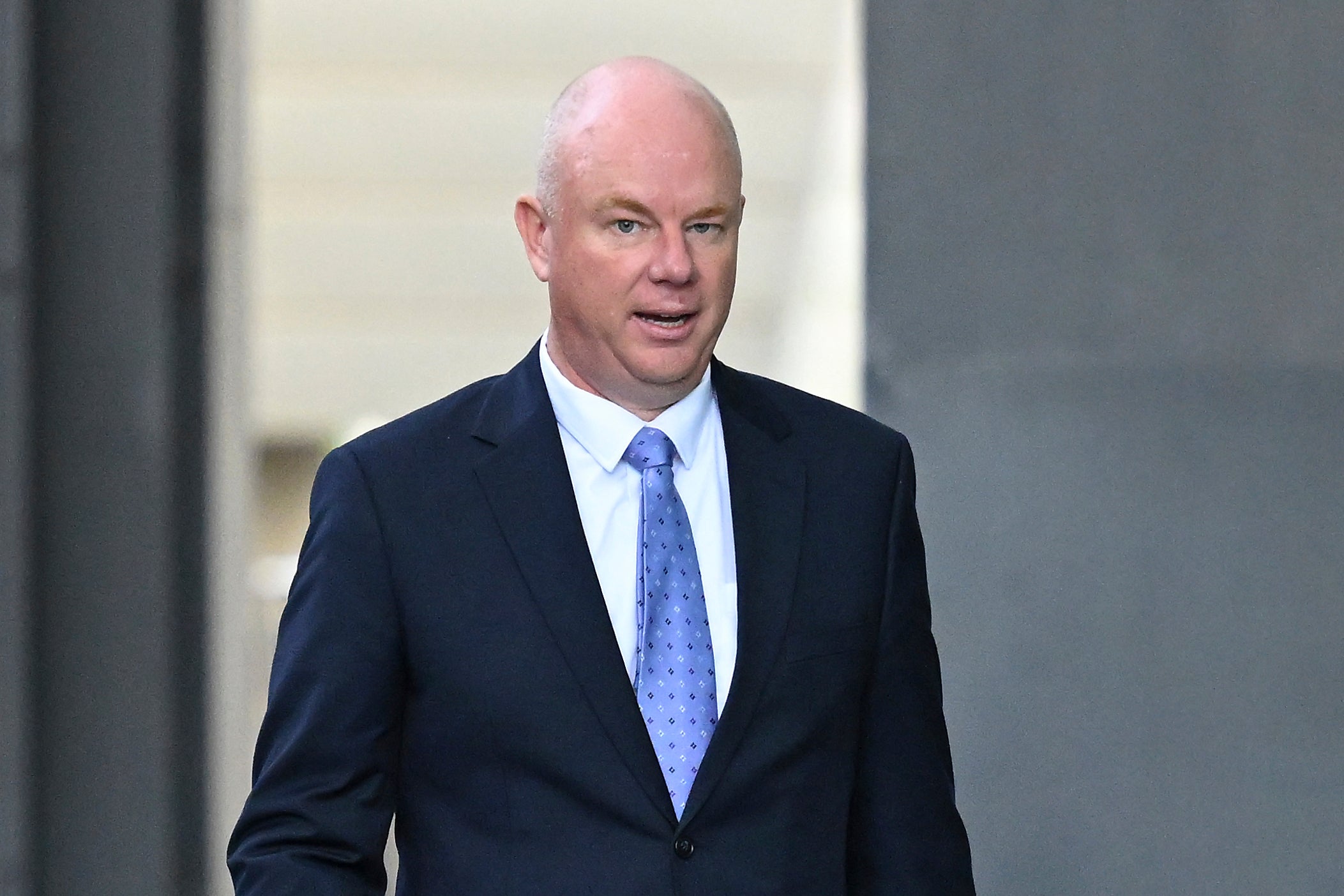Erin Patterson, the Australian woman who murdered three of her estranged husband’s family by poisoning them with death cap mushrooms, has been sentenced to life in prison.
The 50-year-old was found guilty in July of killing parents-in-law Don and Gail Patterson and Gail’s sister, Heather Wilkinson, with a lunch of beef wellington pastries laced with foraged death cap mushrooms.
She was also convicted of attempting to murder Heather’s husband, Ian Wilkinson, who spent weeks in a hospital.
Justice Christopher Beale told the Victoria state Supreme Court Patterson’s crimes involved an enormous betrayal of trust.
“Your victims were all your relatives by marriage. More than that, they had all been good to you and your children over many years, as you acknowledged in your testimony,” Justice Beale said.
She will serve a life sentence, with a non-parole period of 33 years, concurrently with a 25-year sentence for the attempted murder of Mr Wilkinson.
Patterson was found guilty after an 11-week trial. She had denied poisoning her victims deliberately and contended that she had no reason to murder her elderly in-laws.

But the jury rejected her defence that the inclusion of toxic mushrooms in the meal was a terrible accident.
The hearing was broadcast live from Melbourne’s Supreme Court, reflecting intense public interest in the case that gripped Australia, spawning multiple podcasts and documentaries.
Sentencing Patterson, Justice Beale said her offences involved “substantial premeditation” and an “elaborate cover-up” after she realised her initial lies would not work.
“I am satisfied by July 16 2023, when you unusually invited Simon [her husband], his parents, and aunt and uncle to a lunch without the children to discuss your non-existent medical issue, you did so with the intention of killing them all,” Justice Beale said.
“The devastating impact of your crimes is not limited to your direct victims. Your crimes have harmed a great many people,” he said at the sentencing hearing at the Supreme Court of Victoria in Melbourne.


“Not only did you cut short three lives and cause lasting damage to Ian Wilkinson’s health, thereby devastating the extended Patterson and Wilkinson families, you inflicted untold suffering on your own children, whom you robbed of their beloved grandparents.”
Prosecution and defence lawyers had agreed that a life sentence was an appropriate punishment for the 50-year-old on three counts of murder and one of attempted murder.
But defence lawyers had asked for Patterson to become eligible for parole after serving 30 years. Prosecutors had argued she should never be considered for parole because she did not deserve the court’s mercy.

Speaking after the judgment, Mr Wilkinson, the sole survivor of the crime, thanked the investigators for their work.
“They brought to light the truth of what happened to three good people. We are grateful for the truth that brought this to light. I’m also very grateful for the kindness and compassion they showed us, me and my family, throughout the process.
“We’re also grateful for the staff of the various public health services that played an important role in dealing with the aftermath of the lunch.”
At a pre-sentencing hearing last month, Patterson’s barrister Colin Mandy urged Justice Beale to impose a non-parole period on the sentence, meaning she would have the possibility of eventual release, as her “notorious” reputation would make prison more onerous for her than the average offender.

A corrections officer previously told the court Patterson was being kept in isolation for her own safety, and was permitted contact with only one other prisoner who is in jail for terrorism offences.
In his sentencing remarks, Justice Beale said he had taken Patterson’s isolation into account.
Including time already served, Patterson will have just turned 82 before she can be considered for release. She has 28 days to appeal her sentence.
The non-parole period of 33 years is the longest ever for a woman convicted of murder in Victoria. Only one woman in Australia has ever received a life sentence without the possibility of parole. Australia does not have the death penalty.
The deaths devastated the close-knit rural community of Korumburra, where all the victims lived.
Media interest in the case had been traumatic for the family, Patterson’s estranged husband Simon told the sentencing hearing.
The case has already inspired several books, documentaries, and a drama series, Toxic, set to air on state broadcaster ABC.







